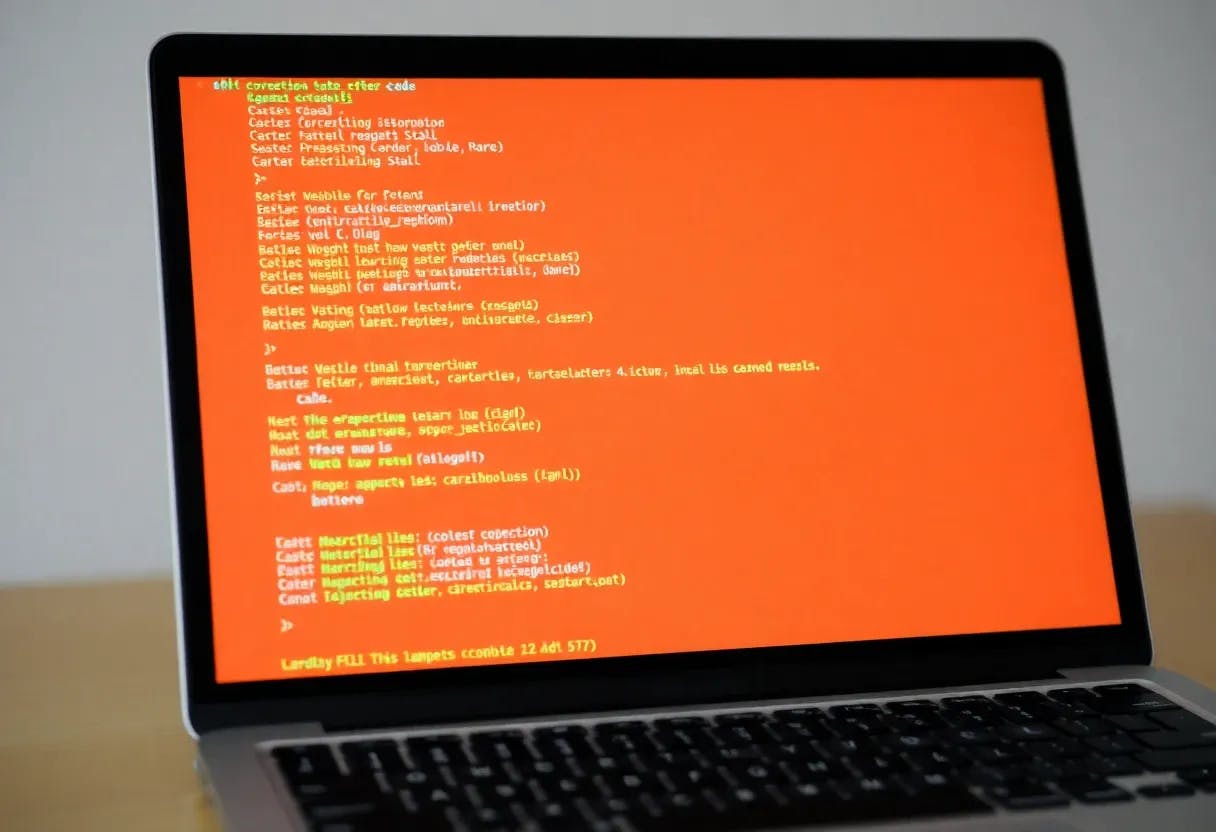Google on Wednesday asked the Supreme Court to block a lower court injunction requiring the company to make changes to its Google Play Store after Fortnite maker Epic Games challenged the app store’s practices and won.
The tech giant asked Justice Elena Kagan, who oversees emergency requests from the San Francisco-based 9th Circuit Court of Appeals, to put several portions of the injunction on hold that “are the most intrusive and raise the greatest security concerns.”
“This case asks the Court to evaluate the lawfulness of an unprecedented antitrust injunction awarded at the request of a single, private plaintiff that will restructure the entire Android ecosystem, relied on by over 100 million U.S. users and over 500,000 app developers,” Google wrote in its filing.
Epic initially sued Google in 2020, accusing the company of shielding the Play Store from competition. The Fortnite maker secured a victory in 2023, when a San Francisco jury decided the case in its favor.
In 2024, a California judge issued the injunction, ordering Google to allow for the distribution of third-party app stores through Play Store for three years. It also required the company to open the app store’s catalog of apps to rivals and allow for in-app payments methods other than Google Play Billing.
Google is also barred from paying app developers or equipment manufacturers to launch apps exclusively on the Play Store or preinstall the app store on their devices. This injunction was ultimately upheld by the 9th Circuit Court of Appeals.
The company argued Wednesday that Kagan should pause the provisions requiring it to allow developers to link out to other payment methods, share its app catalog and distribute competing app stores.
The payment provision is set to take effect in October, while the other two measures will come into force next summer, according to the filing.
Google contends that allowing developers to link out to other payment options makes it “more likely that malicious actors—including foreign adversaries, scammers, and blackmailers—will be able to deceive Android users into sharing highly sensitive information.”
In order to comply with the app store catalog and distribution requirements, it also warned that the company must “immediately undertake substantial design and engineering resources.”










